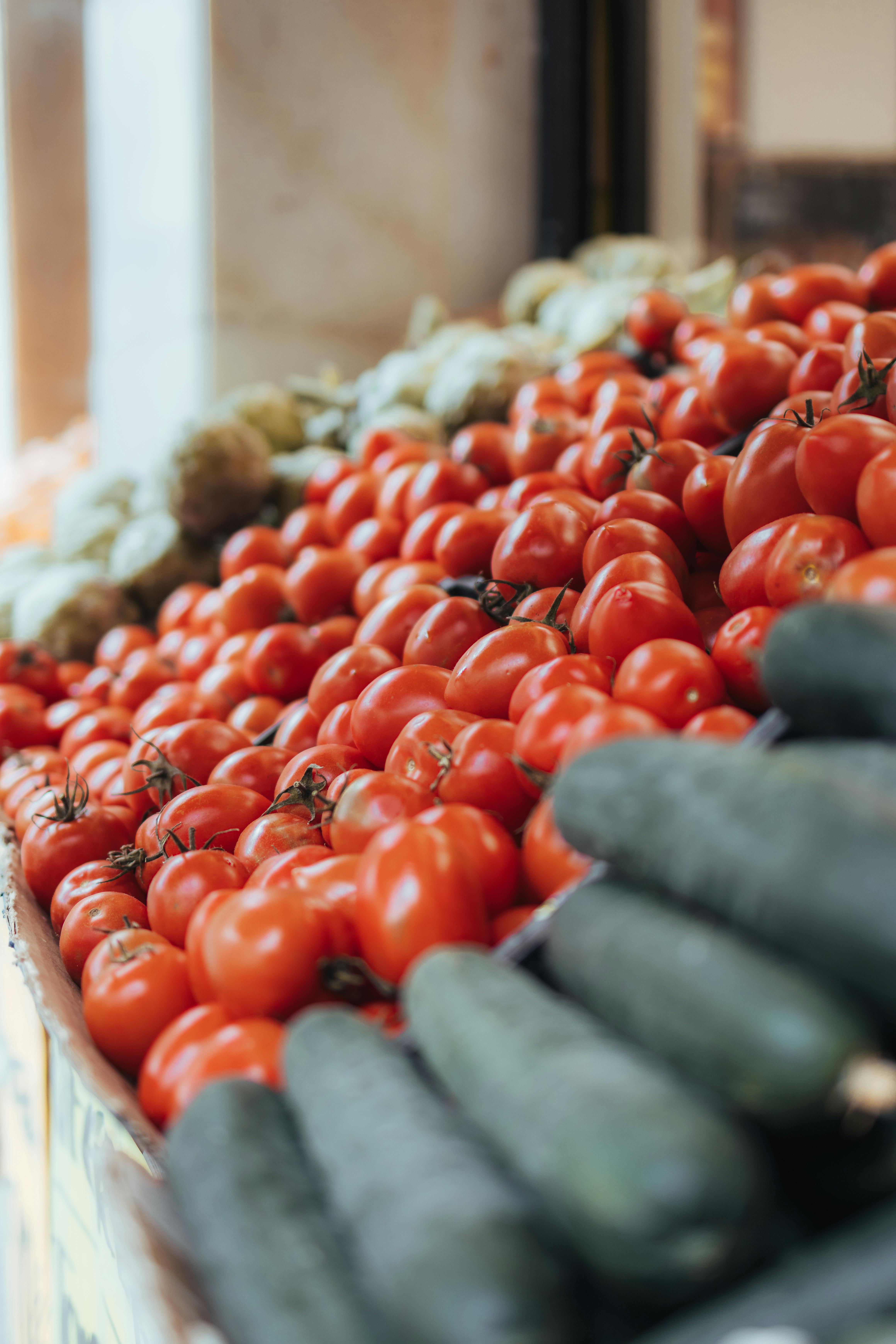Farm Fresh Meat Options: A Guide to High-Protein Food Choices
Discover the difference with farm-sourced meats—richer flavor, trusted quality, and a variety of cuts for every recipe. From pasture-raised beef to free-range poultry, farm options give you a fresher, more wholesome choice for meals that truly satisfy.

What are farm fresh meat options?
Farm fresh meat options refer to animal products sourced directly from local farms or small-scale producers. These meats are typically raised with minimal processing and often without the use of antibiotics or growth hormones. Farm fresh meat options can include beef, pork, chicken, turkey, lamb, and other poultry or livestock products. These choices are often perceived as healthier and more sustainable alternatives to conventionally produced meats.
How do farm meat choices differ from conventional options?
Farm meat choices often differ from conventional options in several ways. Firstly, farm-raised animals are typically given more space to roam and engage in natural behaviors, which can lead to better muscle development and potentially more flavorful meat. Secondly, farm meat choices may be fed a diet closer to their natural preferences, such as grass for cattle or forage for chickens. Additionally, farm meat producers often prioritize animal welfare and sustainable farming practices, which can appeal to environmentally conscious consumers.
What are the benefits of pasture-raised poultry?
Pasture-raised poultry, a popular farm meat option, offers several potential benefits. Birds raised on pasture have access to open spaces, allowing them to engage in natural behaviors like scratching, pecking, and dust bathing. This lifestyle can result in meat that is leaner and potentially more nutrient-dense compared to conventionally raised poultry. Pasture-raised birds may also have a more diverse diet, including insects and plants, which can contribute to a richer flavor profile in the meat.
How can consumers access farm fresh meat options?
Consumers interested in farm fresh meat options have several avenues to explore. Local farmers’ markets are excellent sources for directly purchasing from small-scale producers. Community Supported Agriculture (CSA) programs often include meat shares, allowing consumers to receive regular deliveries of farm-fresh products. Some farms offer on-site stores or online ordering with delivery or pickup options. Additionally, specialty butcher shops and health food stores may carry a selection of locally sourced, farm-fresh meats.
What should consumers consider when choosing farm meat products?
When selecting farm meat products, consumers should consider several factors. It’s important to understand the farming practices used, such as whether animals are truly pasture-raised or if they have access to outdoor spaces. Consumers may want to inquire about the use of antibiotics, hormones, and feed types. The cost of farm-fresh meats can be higher than conventional options, so budgeting accordingly is advisable. Additionally, storage and preparation methods may differ for farm-fresh meats, as they often lack preservatives found in conventional products.
How do farm fresh meat options compare in terms of protein content and quality?
Farm fresh meat options generally provide high-quality protein, similar to their conventional counterparts. However, the protein content and quality can vary depending on factors such as the animal’s diet, breed, and lifestyle. Pasture-raised animals may have slightly leaner meat with potentially higher levels of beneficial nutrients like omega-3 fatty acids. It’s important to note that while farm-fresh meats are often perceived as healthier, the overall nutritional differences may be subtle and can vary from farm to farm.
| Meat Type | Protein Content (per 100g) | Key Features |
|---|---|---|
| Pasture-Raised Chicken Breast | 31g | Leaner, potentially higher in omega-3s |
| Grass-Fed Beef Sirloin | 26g | May have a more favorable fatty acid profile |
| Heritage Pork Loin | 27g | Often more flavorful, with marbling |
| Farm-Raised Turkey Breast | 29g | Typically leaner than conventional turkey |
Prices, rates, or cost estimates mentioned in this article are based on the latest available information but may change over time. Independent research is advised before making financial decisions.
Farm fresh meat options provide consumers with alternatives to conventional meats, often emphasizing animal welfare, sustainability, and potentially enhanced nutritional profiles. While these choices can be more expensive, many consumers find the perceived benefits in taste, quality, and ethical considerations to be worthwhile. As with any dietary choice, it’s important for individuals to consider their personal nutritional needs, preferences, and budget when incorporating farm fresh meats into their meal plans.




